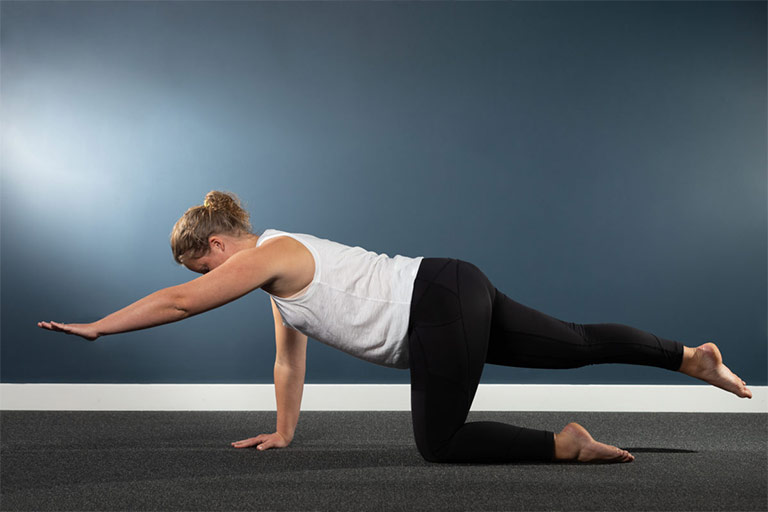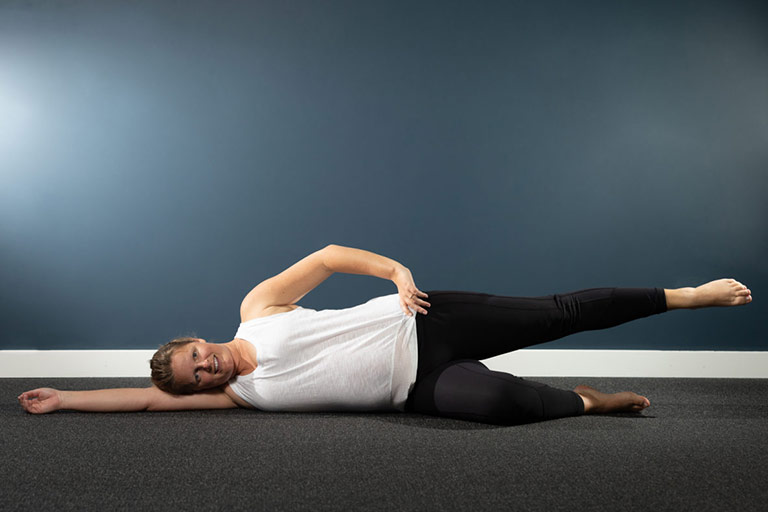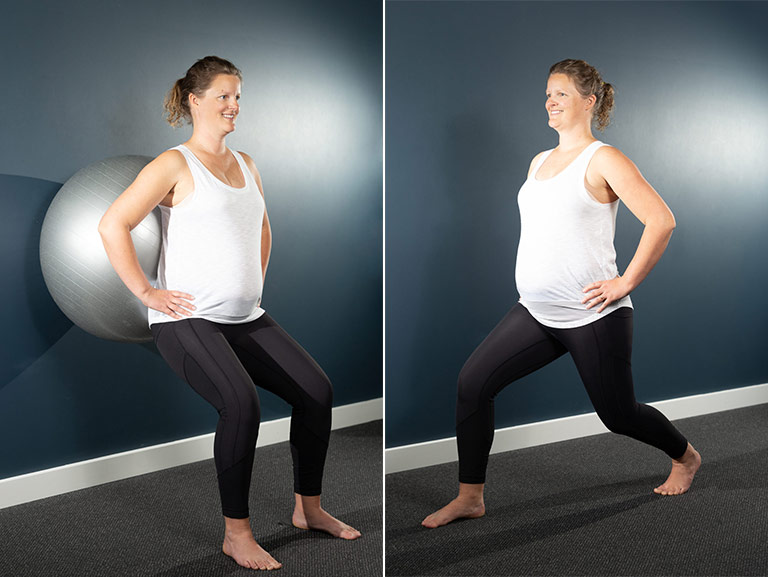At Village Physiotherapy Shellharbour, we understand that for every woman, pregnancy is a journey. Doing pre-natal pilates will not only ensure you are strong and healthy, it will also have a positive impact on your baby’s mental and physical well-being.
Most women start attending in their 2nd trimester when their belly is growing and they feel that they need to modify their exercise/need some guidance. However, you can start at any time and go through until the day you start labour.
We suggest having an individual consult with our physiotherapist to discuss any concerns, goals and practice some movements to see how your body moves and feels.
Benefits of attending our pre-natal class:
– Improved confidence with exercise
– Exercise ideas for home, understanding your limits and what is safe
– Reduced bodily aches and pain
– Commitment to regular exercise!
– Chat with other pregnant ladies
– Learn movements that help ease discomfort and positions for labour and birth
– Maintain muscle strength to help you cope with pregnancy and a baby (lifting, carrying, feeding etc).
Our pre-natal class is taught by a Physiotherapist and Pilates Instructor who is aware of all the changes your body is undergoing (huge increases in hormones, breast soreness/growth, expansion of rib cage and abdominal wall, changes in blood volume, heart rate and blood pressure). These changes are all happening to help you support your growing baby during pregnancy and into labour.
EXERCISE AND PREGNANCY
The benefits of regular exercise for pregnant women without contraindications are well-established.
“If you are healthy and your pregnancy is normal, it is safe to continue or start regular physical activity” (Ref) even if you were previously inactive. It is important to discuss your exercise intentions with your obstetrician/health care team.
The recommendations by RANZCOG (The Royal Australian and New Zealand College of Obstetricians and Gynacologists) are:
Recommendation 1: Women without contraindications should participate in regular aerobic and strength conditioning exercise during pregnancy.
Recommendation 2: Women should be advised that there is no evidence that regular exercise during an uncomplicated pregnancy is detrimental to the woman or fetus.
It is recommended that pregnant women should get at least 150 minutes of moderate-intensity aerobic activity every week (Ref). This time can be broken up into shorter bouts throughout the week, and the type of exercise modified through your pregnancy. The amount may be much less during the first trimester if you are nauseous/exhausted, that is completely understandable however we use this as a guide.
The benefits of exercise during pregnancy include:
– Prevention of excessive weight gain (and the associated health risks)
– Improved mood and energy
– Reduced constipation
– Decreased risk of gestational diabetes, gestational hypertension and preeclampsia.
– Improved overall general fitness, which can reduce the risk of cardiovascular disease, type 2 diabetes and some cancers.
– Reduced risk of having a macrosomic baby (a baby who is born much larger than average for their gestational age)
Despite these important benefits, we find that many women significantly reduce their exercise level during pregnancy. This is often associated with women being unsure about what exercises are safe.
There are a few precautions that pregnant women should keep in mind during exercise:
- Avoid overheating especially in the first trimester. Drink plenty of water, wear loose fitting breathable clothes, avoid exercises in hot and/or humid conditions and avoid exercises involving heat such as bikram yoga.
- Don’t bump the bump! in the 2nd and 3rd trimester. Avoid activities that may risk impact (eg. team sports) or a fall (eg. bike riding outside, skiing)
- Drink plenty of water before, during, and after your workout.
- Wear a sports bra that gives lots of support. Later in pregnancy, a belly support belt/pregnancy tights may reduce pelvic/back discomfort.
- Avoid lying on your back for prolonged positions when your belly grows, this is most important in the 3rd trimester as the baby is bigger and can compress a vein and reduce blood flow to the baby.


